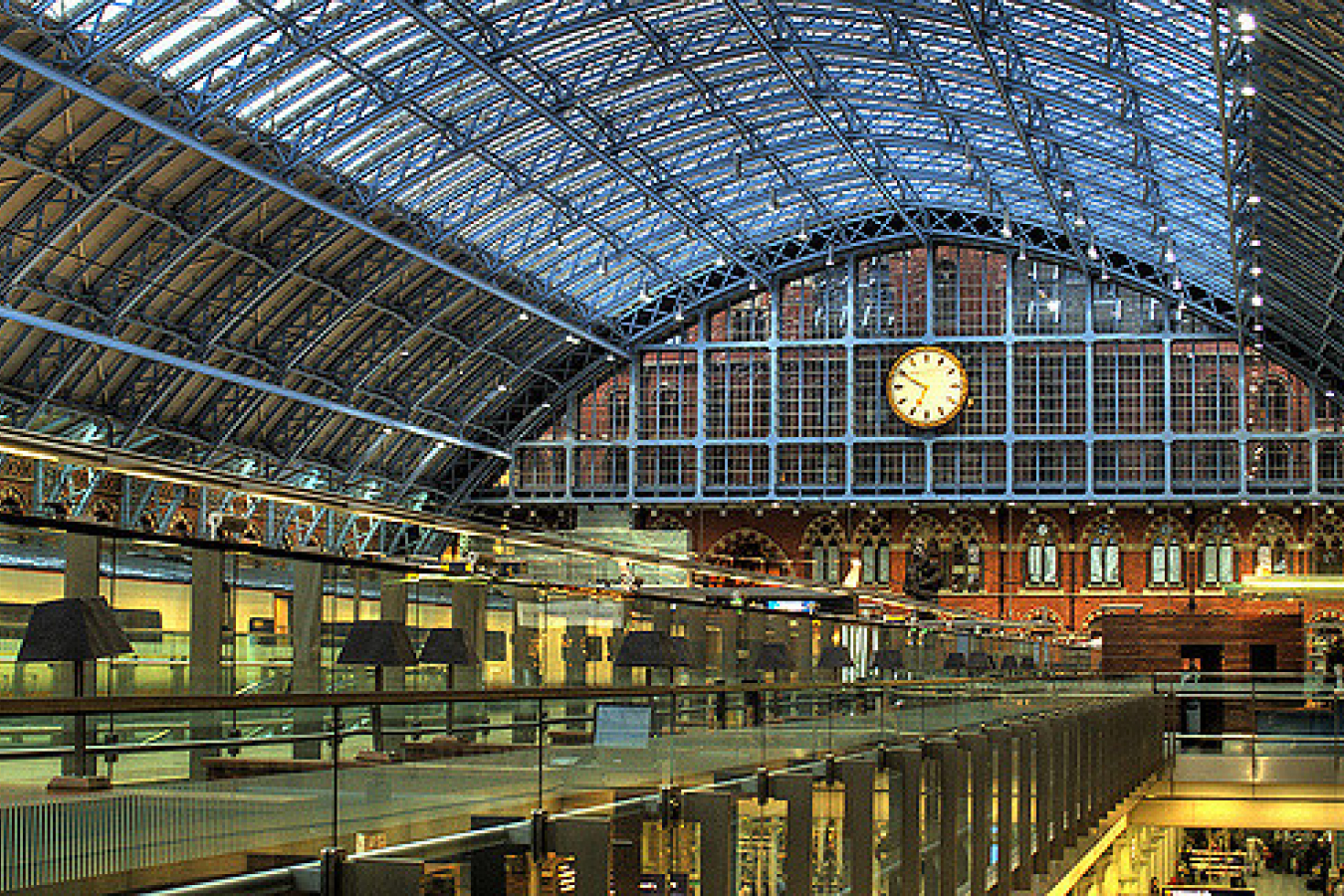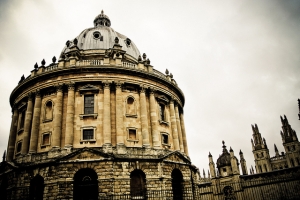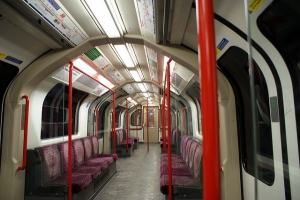Support migrant centric journalism today and donate

A High Court judge has ordered that overseas students who are studying at London Metropolitan University (LMU) should be allowed to continue with their courses despite a UK Border Agency (UKBA) decision to ban LMU from teaching students from outside the European Economic Area. Mr Justice Irwin made the order at a hearing on Friday 21st September 2012. He also granted LMU the right to challenge the UKBA decision in the High Court by way of judicial review.
The UKBA suspended LMU's Highly Trusted Sponsor status, which allows it to take on students from outside the European Economic Area, on 16th July 2012 after investigating the university's systems for checking that students were genuine and were attending classes as required. The UKBA subsequently revoked LMU's HTS status on 29th August 2012.
The UKBA is responsible for ensuring that UK universities take proper care to teach only genuine students and to avoid abuse of the system by people who want to come to the UK to work but enter the country on tier 4 student visas. After revoking LMU's HTS status on 29th August 2012, the UKBA issued a statement on 30th August 2012 in which it stated that there were 'systemic failings' in LMU's systems for checking that international students were genuine. In particular, UKBA said that LMU had flawed systems to check that overseas students
• Were entitled to study in the UK (that they had a tier 4 student visa)
• Spoke adequate English and
• Attended lectures.
The UKBA said that LMU had failed to address serious flaws in its systems. It said it had carried out a spot check on university files and found that, having reviewed the university's files for 101 students, a quarter of them did not have valid tier 4 visas entitling them to study. The UKBA added that records were inadequate in one way or another in two thirds of the 101 files.
LMU responded angrily. It said that the decision was 'outrageous' and would 'cause panic for thousands of students'. Malcolm Gillies, the LMU vice-chancellor, said that UKBA guidelines were confusing and self-contradictory. He said that the university had taken every effort to ensure that it complied with UKBA requirements. Mr Gillies later announced that LMU would be launching legal action to force the UKBA to reverse its decision.
On 4th September 2012, the UK parliament's Commons Public Accounts Committee issued a report heavily critical of the UKBA. It stated that the UKBA had 'created a huge amount of bureaucracy for universities and an increasingly complex system for students.' This report tends to lend weight to LMU's case that it was taking reasonable steps to comply with UKBA guidelines.
The effect of the UKBA decision to remove LMU's HTS status was to remove the right of some 2,000 existing students at LMU to complete their courses as well as to prevent the university from recruiting international students for future years. At the time, the UKBA decision was criticised by Universities UK and the National Union of Students.
On Friday 21st September 2012, at the High Court in London, Richard Gordon QC, the barrister for LMU, asked for leave to launch a judicial review of the UKBA decision. Mr Justice Irwin granted leave. A judicial review is a procedure whereby the decisions of public bodies can be reviewed by a High Court judge. Where the decision is illegal or irrational, the judge can order the public body to reconsider its decision. In rare cases, the court can even substitute its own decision for the original. The judicial review will now be heard early next year.
Mr Gordon also asked for an interim injunction suspending the UKBA decision. This would have allowed LMU to continue to recruit international students as well as enabling the 2,000 current students from outside Europe to continue with their studies. Mr Justice Irwin refused to grant this injunction but, instead, made an order allowing existing students to continue with their studies and permitting a further 1,000 students whose courses were due to begin on Monday 24th September 2012 to begin their courses, provided that they had the correct visas to do so.
Mr Gordon said it 'came down to fairness'. He said that LMU had a strong prima facie case for its contention that the UKBA decision was unlawful. That made it likely that LMU would succeed in overturning the decision. But, as the review would not be heard for some months, it would be in the interests of fairness to allow those students already at the university, and those about to start, to go ahead with their studies. If not, by the time the judicial review is heard, the students academic careers would already have been disrupted, even if LMU was to be successful in getting the UKBA decision overturned.
Mr Gordon said 'The financial impact on the university and on its reputation and good will are enormous. The impact on students' education, financial position and the disruption to their lives is extremely significant'. He said it was difficult to see how the UKBA could justify their decision when they could not point to any current student who is in breach of immigration control.
The judge agreed that the students should be allowed to continue with their studies.
The hearing of the judicial review case will probably take place early in 2013. The judge made it clear that his injunctions only covered students who were in possession of a current tier 4 student visa. Those without visas will not be allowed to continue with their studies.
Universities UK welcomed the injunctions. Professor Eric Thomas, Universities UK president, said 'it will allow some students to finish their courses prior to the main legal proceedings which is good news'. The National Union of Students and international students at LMU also welcomed the ruling.
After the UKBA made its decision on 29th August 2012, ministers refused to overrule the UKBA and to allow international students to continue with their studies at LMU. However, UK universities minister David Willetts announced a £2m package to help affected students to find suitable courses at other universities. The National Union of Students warned that the decision was likely to deter international students from studying at UK universities.
The UKBA issued a statement after the hearing on Friday 21st September which read 'London Metropolitan University's Tier 4 sponsor licence remains revoked. London Metropolitan has failed to get its sponsor status restored and the judge has not granted interim relief.
'UKBA agreed to allow existing genuine students to continue studying at the university until their course has ended or the end of the academic year, whichever is sooner – as long as they meet the right standards. But students who are here illegally and do not meet our immigration criteria will not be allowed to stay.
'Revoking the university's licence was the right course of action and we will continue to fight the University's challenge at the full hearing.'
If you would like to apply for a UK visa workpermit.com can help. workpermit.com is a specialist visa consultancy with nearly twenty-five years of experience dealing with visa applications. We can help with a wide range of visa applications to your country of choice. Please feel free to contact us for further details.





















